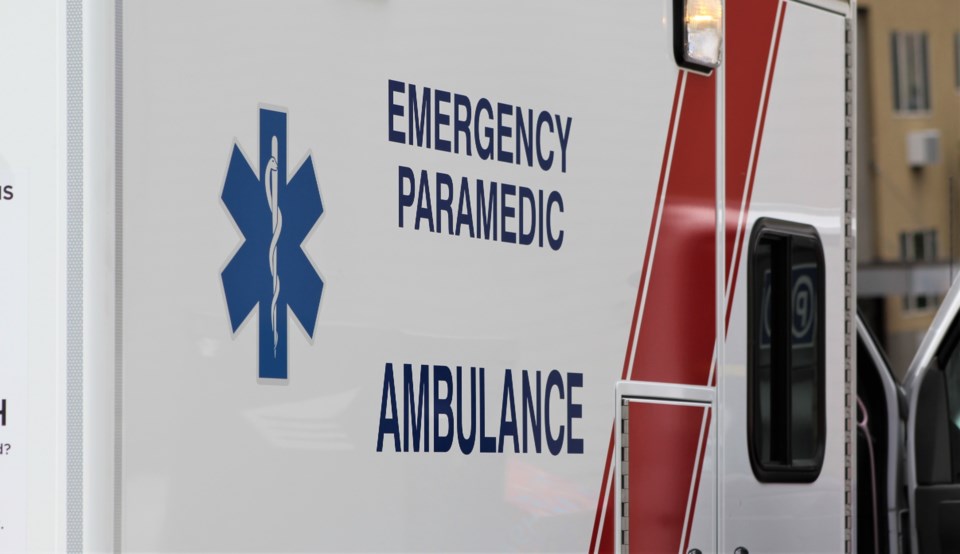For the second straight month, B.C. is reporting the highest monthly total for deaths due to illicit substances.
The BC Coroners Service has published an updated report on illicit drug toxicity deaths and fentanyl-detected drug deaths for June.
“For the second month in a row, this province has experienced the highest number of deaths ever as a result of illicit substances with 175 lives lost, leaving behind grief and frustration while this public health emergency carries on into its fifth year,” said Lisa Lapointe, chief coroner for the BC Coroners Service in a news release.
“We know the COVID-19 pandemic has impacted people who use drugs, as it has all British Columbians. Access to key harm reduction services has been a challenge and our social networks are smaller.”
The illicit drug death total for June surpassed the previous highs of 171 (May 2020) and 161 (December 2016) and now, B.C. has recorded four consecutive months with more than 100 illicit drug toxicity deaths.
That’s a 130 per cent increase over the 76 deaths reported in June 2019.
“Today’s report clearly shows us that the tragedy of overdose deaths from the toxic street drug supply in B.C. continues to escalate. While much effort has been made to reduce harm, remove stigma and provide the care that people living with addiction need, the impacts of the pandemic have made the situation dire for too many,” said Provincial Health Officer Dr. Bonnie Henry in the release.
“We remain focused on this critical work and will not let up. For the families who have lost loved ones, please know we too feel your loss. These are our brothers and sisters, our neighbours, our community members. All of us must reach out and let people who use drugs know they are not alone and there is help.”
There have been 728 illicit drug deaths to date in 2020 in B.C., and the number of deaths in each health authority is at or near the highest monthly totals ever recorded.
Vancouver Coastal Health Authority now has the highest rate of illicit drug toxicity deaths (33 deaths per 100,000 individuals) followed by the Northern Health Authority (32 deaths per 100,000) in 2020. Overall, the rate in B.C. is 29 deaths per 100,000 in 2020.
There have been 16 drug illicit overdose deaths in Prince George in 2020.
There were six new illicit drug toxicity deaths recorded in Prince George in May. In April, the city’s year-to-date death total was nine, which then climbed to 15 in May.
“The number of lives lost over more than four years of a public health emergency is heartbreaking. That each one of these deaths was entirely preventable makes this emergency all the more tragic,” says Dr. Perry Kendall, co-interim executive director at the BC Centre on Substance Use.
“It is quite clear what needs to be done: invest in a public health approach to substance use that promotes the health and equity of people who use drugs. This must include not only decriminalization, but also pharmaceutical alternatives to the toxic drug supply. Alongside investments in an evidence-based substance-use system of care to support recovery, treatment and harm reduction, these are the critical steps needed to finally end this emergency.”
Dr. Shannon McDonald, acting chief medical officer of the First Nations Health Authority, added that the impact on B.C. First Nations is higher from the crisis than the rest of the province͛s population.
“Indigenous people continue to be disproportionately impacted by this worsening crisis. Real change is needed and we could begin with more of what works, namely harm reduction and a safe drug supply,” McDonald said.
“In the meantime, let us be kind to those who use substances to escape the pain they are living with and lovingly remember those we have lost.”



